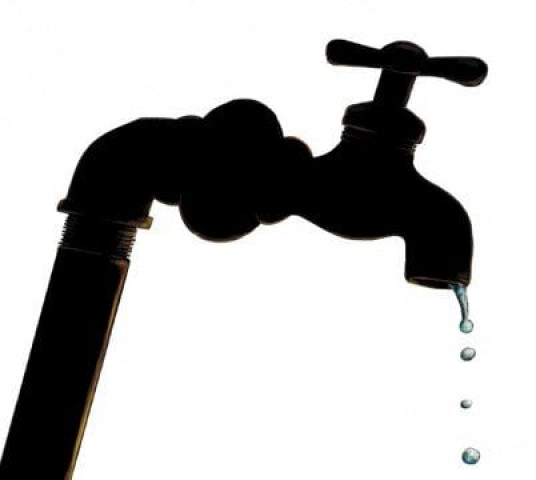Consultative workshop: ‘Water crisis could turn out to be similar to the energy crisis’
Participants say resolving issues between Pakistan, India is a solution.

The National Consultative Workshop was organised by IUCN Pakistan in collaboration with Oxfam-Novib, and included experts, academics and other stakeholders who discussed the progress of the Pakistan Water Programme (PWP). The aim of PWP is to address issues related to trans-boundary water, inter-provincial water cooperation, water security and health, and water productivity and ecosystem health.
The participants discussed the country's dwindling water resources, and the trans-boundary issues between Pakistan and India that are contributing to the crisis, and water cooperation between Pakistan and Afghanistan.
The results of pilot projects on wastewater management and reuse, enhancing water productivity implemented by the programme in real-life situations were also presented at the workshop.
"These were based on pragmatic pilots that have been initiated by IUCN in different locations in Sindh and Punjab," said IUCN senior water expert Dr Shahid Ahmad. "The pilots are based on the use of effective micro-organisms with a view to treating wastewater, as well as, building capacity among local communities so that the practice becomes common."
Dr Ahmad said that sewage was being dumped into the freshwater stream trickling down from the Margalla Hills in Islamabad, which has rendered the water unfit even for agricultural purposes. "The issue is basically with the sewerage system of Islamabad, which is the responsibility of CDA," he said. "Since the CDA's sanitation staff is to blame for the issue, they are the ones who have to rectify the problem in order to provide a healthy environment for the citizens of Islamabad."
The chief guest, National University for Computer and Emerging Sciences rector, Dr Amir Muhammad, highlighted the urgency of the situation, especially with respect to the need for water storage capacities. With regard to Kalabagh Dam, Dr Muhammad suggested that the provinces should sit together and air their concerns and come to an agreement on how this initiative should be taken further.
IUCN Pakistan country representative Mahmood Akhtar Cheema said that through the PWP, IUCN has called for increased cooperation amongst partners, stakeholders and experts in addressing national water issues. He mentioned that roundtable discussions on hydro-diplomacy between India and Pakistan, and between Afghanistan and Pakistan had been organised earlier and different ministries and private sector stakeholders were invited to discuss the efforts necessary for improving water cooperation with the neighbouring countries.
Published in The Express Tribune, June 5th, 2014.



















COMMENTS
Comments are moderated and generally will be posted if they are on-topic and not abusive.
For more information, please see our Comments FAQ